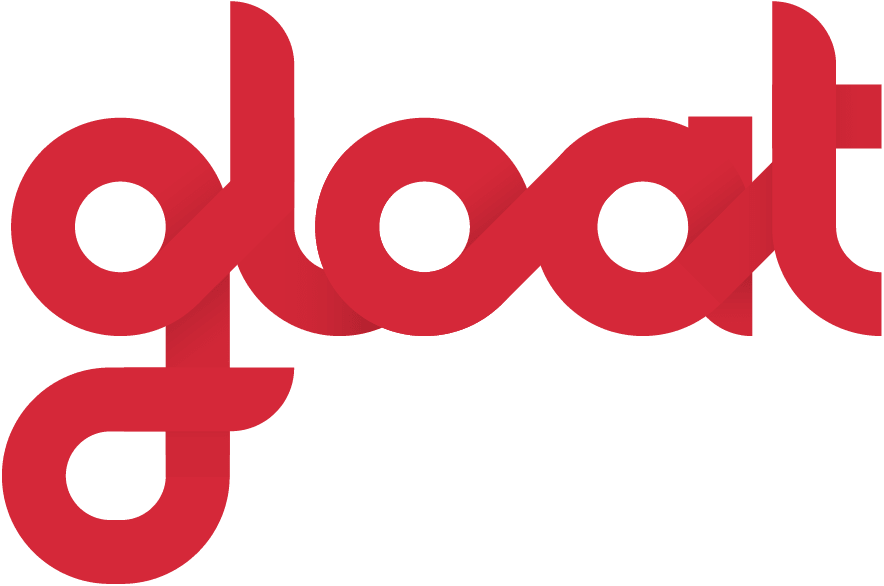4 key steps businesses must take to pivot and thrive during the Great Resignation
What companies need to do now to come out ahead

By now, most HR leaders know that the Great Resignation is much more than a catchphrase. Turnover surges show no signs of subsiding, with the United States recently recording its 18th straight month of record-breaking quit rates.
Executives may have initially thought that the Big Quit was just a labor shortage, but it’s becoming increasingly evident that this mass employee exodus is the manifestation of something much bigger: a Great Reassessment. In the aftermath of a series of crises, people are looking for purpose, considering their career options, examining their relationship with their employer, and reevaluating how—and where—they want to spend their time.
While some leaders are falling back to tried-and-true strategies to keep employees engaged, others are embracing the changing tides. Since these mindset shifts can be challenging, we caught up with our Vice President of Insights and Impact, Jeff Schwartz, to discuss the importance of adapting our frameworks and operating models to keep morale and engagement high, even as the Great Resignation continues.
4 steps leaders should prioritize to improve retention in 2024
#1. Embrace your ‘80-point IQ shift’—and let technology help
Now more than ever, leaders can’t shy away from making major changes. As employees reassess what they want from their careers, organizations must proactively respond by developing new ways of working that align with the expectations of the 21st-century workforce.
Leaders are making decisions that will shape the futures of their organizations for years to come. The enterprises that disrupt the status quo are likely to be rewarded because “a change in perspective is worth 80 IQ points”, as Jeff notes, citing renowned computer scientist Alan Kay.
In our digitally driven world, technology will underpin the vast majority of these fundamental mindset shifts. Jeff offers the following advice to leaders who are looking for a path forward: “My suggestion is to do something different. The opportunity now is to hear and understand the call of the Great Reassessment, to know it’s an ongoing event and that we’re living in a world that requires agility. And that’s one of the reasons why I think this is a unique time for talent marketplaces. They’re a game changer because they open up a new dynamic within your organization.”
#2. Recognize and empower employee agency
Do you think your people consider themselves to be loyal employees or free agents? The answer might surprise you: Deloitte research reveals that nearly 40% of full-time employees think of themselves as free agents, able and willing to move on to a new opportunity at any time.
While employees in decades past might have valued stability and consistency, modern workers are putting a premium on autonomy, purpose, and motivation. As record-breaking quit rates illustrate, employees aren’t afraid to think on their feet and jump ship in search of better opportunities.
With the power in employees’ hands, leaders are eager to figure out what it will take to retain their workforce. In Jeff’s words, “In a free-agent world, we have a requirement as business and HR leaders to put in place platforms and programs that help people choose our company every day. Employees need to see that the world of opportunity that they’re being barraged with from external sources is equally met internally.”
Jeff points to talent marketplaces as a new frontier for giving your employees the sense of career ownership and decision-making power that many are looking for. “When I talk about talent marketplaces, I’m thinking about employees having visibility and choice and agency. It’s not just that they can see projects and learning opportunities, it’s that their organization is set up in such a way that they can actually take advantage of them. Agency is a critical concept.”
#3. Equal access to opportunities is non-negotiable
When it comes to promoting diversity, equity, and inclusion (DEI), actions speak louder than words. On the heels of a cultural reckoning and a series of health, economic, and social crises, employees are looking to their organizations to step up and make a difference. Gartner’s research reveals that nearly 70% of workers would consider leaving their employer for an organization that takes a stronger stance on societal and cultural issues.
While it’s evident that people want to see businesses making an impact, the path to lasting change is less clear. To demonstrate that DEI is a core component of their company’s cultural identity, leaders should start by reevaluating their organization’s systems and processes to ensure they’re creating a level playing field.
“Employees are looking for organizations to actually do something different,” Jeff explains. “The opportunity and contribution of talent marketplaces is exciting because they can help us really change the way opportunity is accessed within organizations.”
#4. Build the foundation for lifelong reinvention
It’s not just employee expectations that are changing the way we work; there’s also a logistical component to consider. As life expectancy extends, careers are getting longer. While an entry-level employee in the 1960s might have planned to work for the next 30-35 years, people entering the workforce now will probably have a professional journey that is almost double that length of time.
Jeff describes this fundamental change, noting that “21st-century careers are different. Careers are longer, so we need to ask ourselves ‘what does it mean to create careers and strategies for people who are going to be working for 50 or 60 years?’ People who are going to be working through multiple moves within their careers, hopefully, more within their organization than outside their organization.”
Encouraging your people to grow with your organization can be a challenge, especially because 54% of employees currently believe that their employers don’t take their interests into consideration. Jeff points to talent marketplaces as a crucial tool to provide employees with the experiential learning opportunities needed to take their careers in new directions that align with their ambitions.
“People are not rewarded for learning and acquiring new skills, what people are rewarded for is having new experiences and being able to access and take on new jobs, which is why the talent marketplace becomes much more of the driver and central hub that really pulls all of these pieces into place.”
To learn more about the shifts that business leaders need to make to overcome today’s turnover tsunami, check out The Great Resignation research report.







